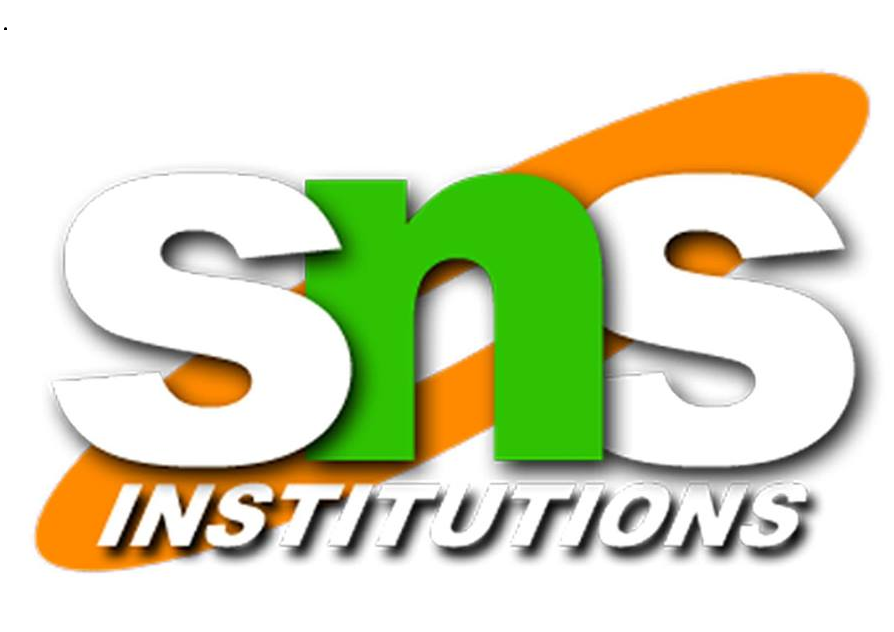
Introduction to biochemistry, Scope of biochemistry in pharmacy, Cell and its biochemical organization. Carbohydrates: Definition, classification with examples, chemical properties, Monosaccharides, Disaccharides, Polysaccharides, Qualitative tests and biological role. Proteins: Definition, classification of proteins and amino acids, Structure of proteins (four levels of organization of protein structure, Qualitative tests and biological role of proteins and amino acids, Diseases related to malnutrition of proteins.
Lipids: Definition, classification with examples, Structure and properties of triglycerides (oils and fats), Fatty acid classification, Structure and functions of cholesterol in the body, Lipoproteins - types, composition and functions in the body, Qualitative tests and functions of lipids. Nucleic acids: Definition, purine and pyrimidine bases, Components of nucleosides and nucleotides with examples, Structure of DNA (Watson and Crick model), RNA and their functions Enzymes: Definition, properties and IUB and MB classification, Factors affecting enzyme activity, Mechanism of action of enzymes, Enzyme inhibitors, Therapeutic and pharmaceutical importance of enzymes.
Vitamins: Definition and classification with examples, Sources, chemical nature, functions, coenzyme form, recommended dietary requirements, deficiency diseases of fat-and water-soluble vitamins. Metabolism: Carbohydrates: Glycolysis, TCA cycle and glycogen metabolism, regulation of blood glucose level. Diseases related to abnormal metabolism of Carbohydrates. Lipids: Lipolysis, β-oxidation of Fatty acid, ketogenesis and ketolysis. Diseases related to abnormal metabolism of lipids such as Ketoacidosis, Fatty liver, Hypercholesterolemia.
Metabolism of Amino acids: Transamination, deamination, Urea cycle and decarboxylation. Diseases related to abnormal metabolism of amino acids, Disorders of ammonia metabolism, phenylketonuria, alkaptonuria and jaundice. Biological oxidation: Electron transport chain and Oxidative phosphorylation Minerals: Types, Functions, Deficiency diseases, recommended dietary requirements. Water and Electrolytes: Distribution, functions of water in the body, Water turnover and balance, Electrolyte composition of the body fluids, Dietary intake of electrolyte and Electrolyte balance, Dehydration, causes of dehydration and oral rehydration therapy.
Introduction to Biotechnology, Organ function tests: Functions of kidney and routinely performed tests to assess the functions of kidney and their clinical significances. Functions of liver and routinely performed tests to assess the functions of liver and their clinical significances. Lipid profile tests and its clinical significances. Introduction to Pathology of Blood and Urine, Lymphocytes and Platelets, their role in health and disease, Erythrocytes - Abnormal cells and their significance, Normal and Abnormal constituents of Urine and their significance.
Reference Book:
Biochemistry by U. Satyanarayana
Text Book:
Biochemistry and Clinical Pathology by Hitesh. V. Shahare, Dr. A man. B. Upanganlawar, Mrs. Charulata T. Nemade.
